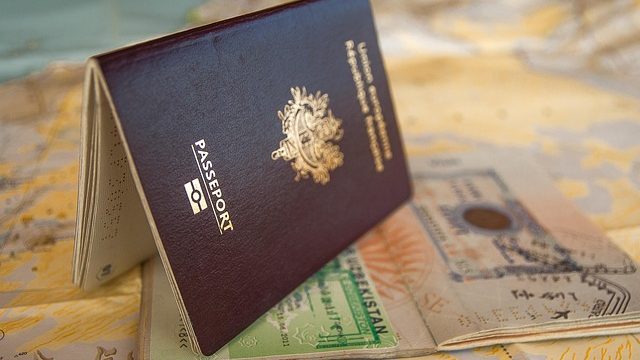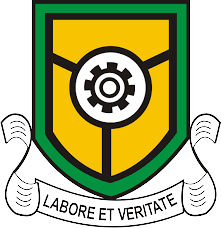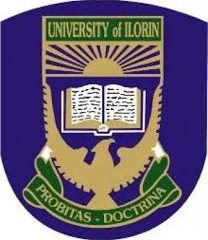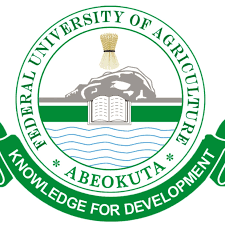
Applying for a student visa can be both exciting and challenging, especially for first-time applicants. Whether you plan to study abroad for undergraduate, postgraduate, or short-term courses, understanding the process and preparing adequately is essential for a smooth visa application. Many students face rejection due to minor mistakes, lack of preparation, or misunderstanding the requirements.
In this article, we’ll provide beginner-friendly tips on how to successfully apply for a student visa, including preparation strategies, document organization, and interview guidance.
Understand the Student Visa Requirements
Before starting your application, it’s important to understand the requirements of the country you plan to study in. Each country has specific visa rules, financial thresholds, and documentation requirements.
Tips:
- Visit the official immigration website of your destination country.
- Check whether your visa requires an interview or is fully online.
- Understand timelines for submission and processing.
- Note any country-specific documents such as health checks or police clearance certificates.
Proper knowledge of visa requirements ensures that you don’t miss critical steps.
Research Your Course and Institution
Visa officers often evaluate whether your chosen course aligns with your academic and career goals. They want to see that your intention to study is genuine.
Tips:
- Provide a clear explanation of why you chose the course and institution.
- Include evidence of your academic preparation and interest in the field.
- Avoid choosing courses randomly; your choice should make logical sense in your academic or career trajectory.
Having a strong rationale increases your credibility during the visa evaluation.
Prepare Your Financial Documents
One of the most common reasons for student visa rejection is insufficient proof of financial ability. Immigration authorities need assurance that you can cover tuition fees, living expenses, and travel costs.
Tips:
- Show bank statements or sponsorship letters with sufficient funds.
- Include documents for scholarships, grants, or loans if applicable.
- Keep your financial documents recent (usually within the last 3–6 months).
- Ensure consistency between your application and financial documents.
Strong financial proof demonstrates that you are capable of sustaining yourself during your studies.
Organize Required Documents
Documentation is the backbone of a successful visa application. Missing or incomplete documents can result in rejection.
Common Required Documents:
- Valid passport
- Acceptance or admission letter from the university
- Academic transcripts and certificates
- Proof of financial support
- Passport-size photographs
- Statement of Purpose (SOP) or personal statement
- Health and medical certificates (if required)
Tips:
- Organize documents neatly in a folder or binder.
- Keep both originals and copies ready.
- Label each document for easy access during submission or interview.
Write a Strong Statement of Purpose (SOP)
The Statement of Purpose is a key part of your visa application. It explains your academic goals, why you chose the course, and your future plans.
Tips:
- Be clear, concise, and honest.
- Show genuine interest in your field of study.
- Highlight how the course will benefit your career.
- Avoid exaggeration or false information.
A well-crafted SOP strengthens your application and convinces visa officers of your purpose.
Prepare for the Visa Interview
Many countries require a visa interview as part of the application process. The interview assesses your intention to study, financial preparedness, and ties to your home country.
Tips:
- Dress professionally and maintain good posture.
- Be polite, confident, and honest in your responses.
- Practice answers to common questions like:
- Why did you choose this course?
- How will you fund your studies?
- Do you plan to return to your home country after graduation?
- Avoid memorizing answers; speak naturally and clearly.
Confidence and preparation can make a significant difference during the interview.
Avoid Common Mistakes
Here are mistakes beginner applicants should avoid:
- Submitting incomplete or inaccurate documents – Double-check all forms and supporting papers.
- Providing inconsistent information – Ensure all details in your application, SOP, and financial documents match.
- Failing to explain ties to home country – Show strong reasons to return home after studies.
- Not researching visa rules – Ignorance of requirements can lead to delays or rejection.
- Ignoring deadlines – Late applications reduce your chances of approval.
Avoiding these mistakes improves the likelihood of a smooth visa process.
Consider Professional Guidance
If you are unsure about the visa process, consulting education consultants or immigration experts can be helpful. They can provide guidance on documentation, interview preparation, and application submission.
Tips:
- Choose reputable consultants with verified credentials.
- Do not rely on unverified online sources for critical visa advice.
- Use guidance as support, but ensure the final application reflects your personal information.
ALSO READ: Top Mistakes to Avoid in Visa Interviews
FAQs About Student Visa Applications
1. How early should I apply for a student visa?
It’s best to apply at least 3–6 months before your course starts to account for processing times and any additional requests from the immigration office.
2. What documents are most important for a student visa?
The most crucial documents include your passport, admission letter, financial proof, academic transcripts, and SOP. Missing any of these can lead to rejection.
3. Do I need to attend a visa interview for every country?
Not all countries require interviews. Some offer online or postal submission, while others, like the USA, Canada, and UK, typically require an in-person interview.
4. How can I prove I will return to my home country?
Show ties such as family, job offers, property ownership, or ongoing studies. Financial and social ties indicate that you have strong reasons to return.
5. Can a rejected student visa be re-applied for?
Yes, you can reapply, but it’s important to address the reasons for previous rejection and submit a stronger, well-prepared application.
Conclusion
Applying for a student visa for the first time may seem intimidating, but with proper preparation and attention to detail, it can be a smooth process. Understanding visa requirements, organizing documents, preparing a strong SOP, demonstrating financial stability, and practicing interview skills are key steps to success. Avoid common mistakes, stay honest and confident, and seek guidance if needed. Following these beginner-friendly tips can significantly increase your chances of securing a student visa and beginning your international education journey with confidence.





![FUTES-IYIN Cut Off Mark 2025/2026 is Out [All Courses] FUTES-IYIN Cut Off Mark 2025/2026 is Out [All Courses]](https://myeduplug.com/wp-content/uploads/2025/10/FUTES-IYIN-4.jpeg)
![FUADSI Cut Off Mark 2025/2026 is Out [All Courses] FUADSI Cut Off Mark 2025/2026 is Out [All Courses]](https://myeduplug.com/wp-content/uploads/2025/10/FUADSI-2.jpeg)
![KASU Cut Off Mark 2025/2026 is Out [All Courses] KASU Cut Off Mark 2025/2026 is Out [All Courses]](https://myeduplug.com/wp-content/uploads/2025/07/KASU.jpeg)
![UNIBEN Cut Off Mark 2025/2026 is Out [All Courses] UNIBEN Cut Off Mark 2025/2026 is Out [All Courses]](https://myeduplug.com/wp-content/uploads/2025/03/UNIBEN.jpeg)









